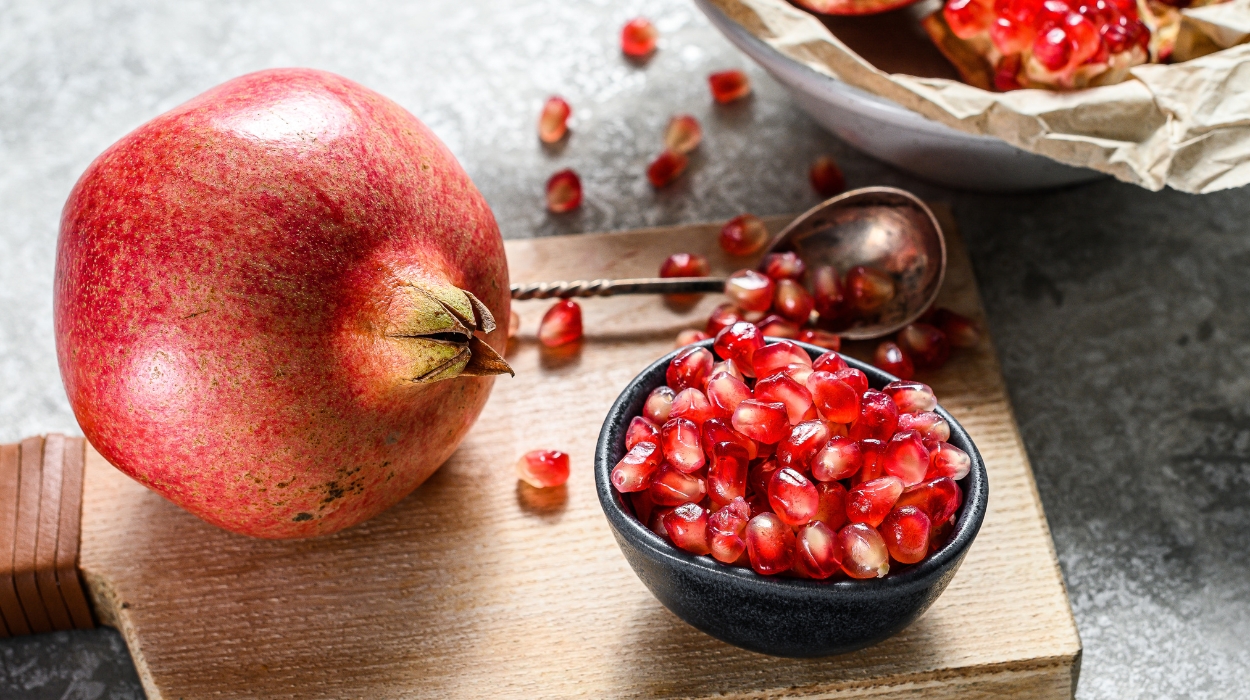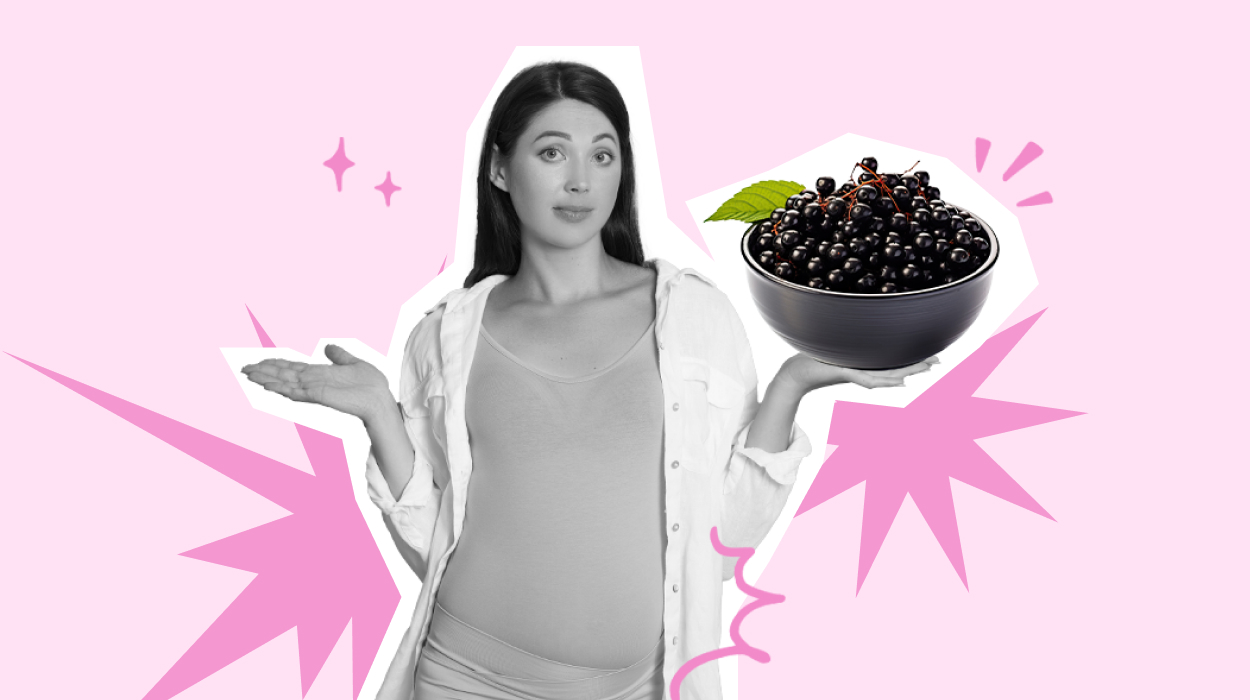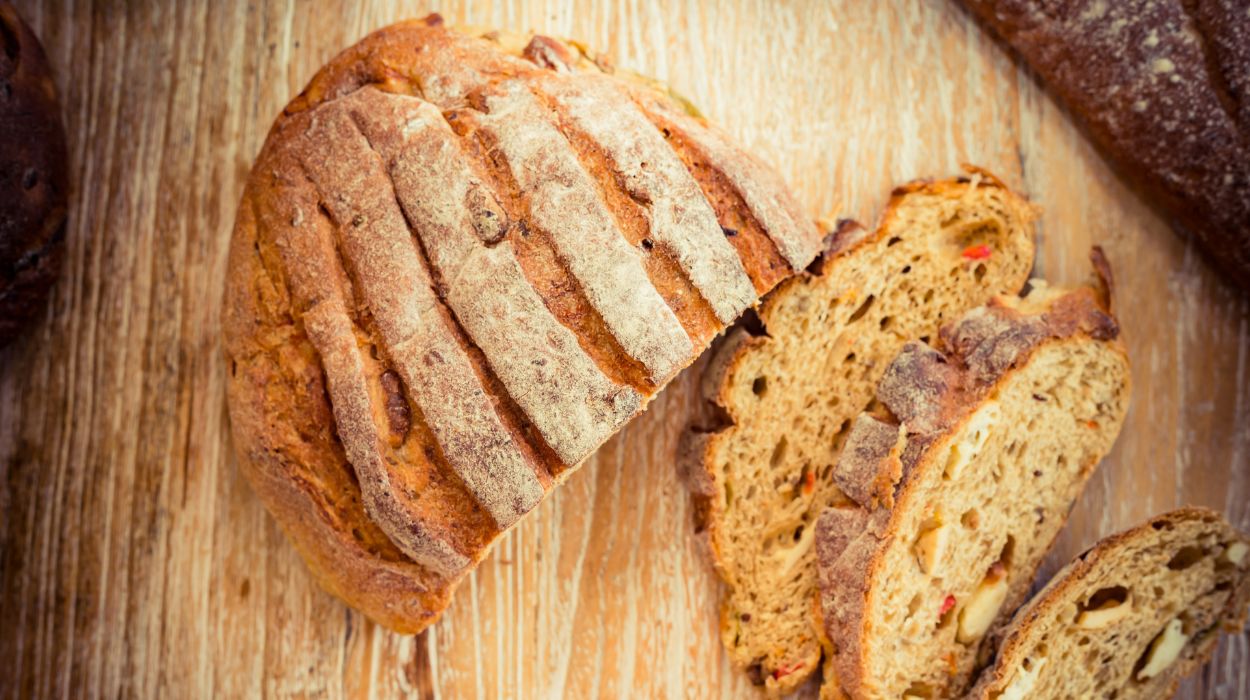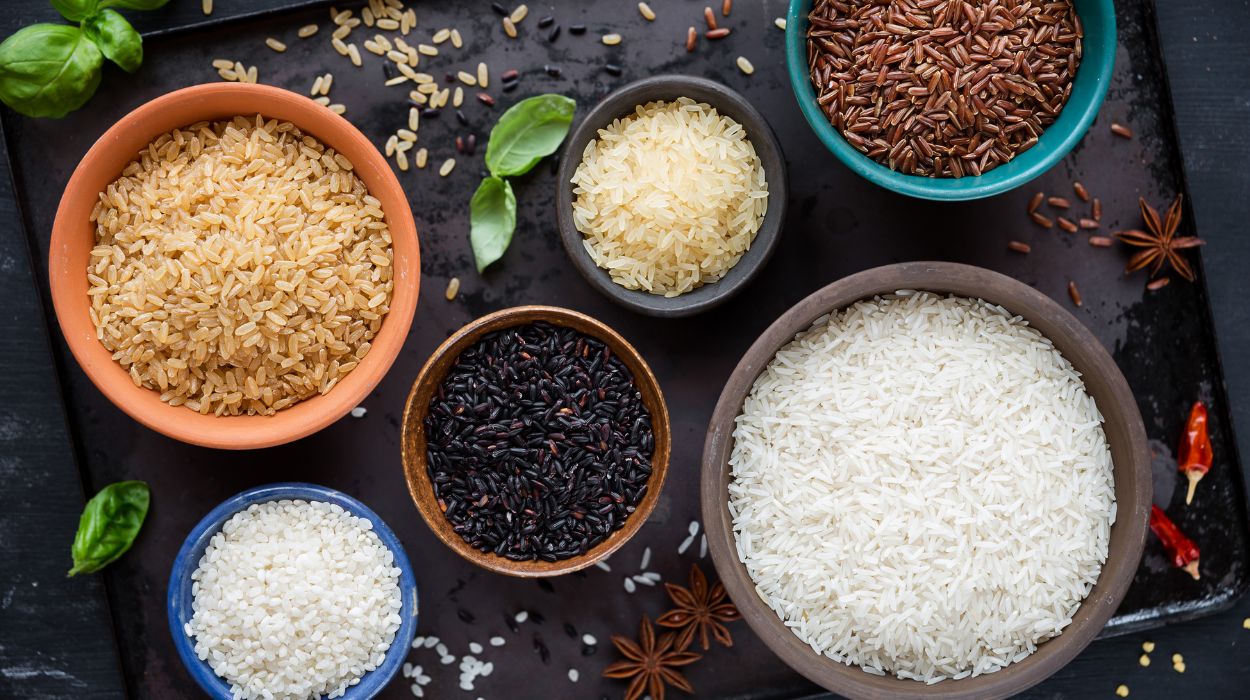Are Beans Gluten-Free? Health Benefits & Risks In 2023
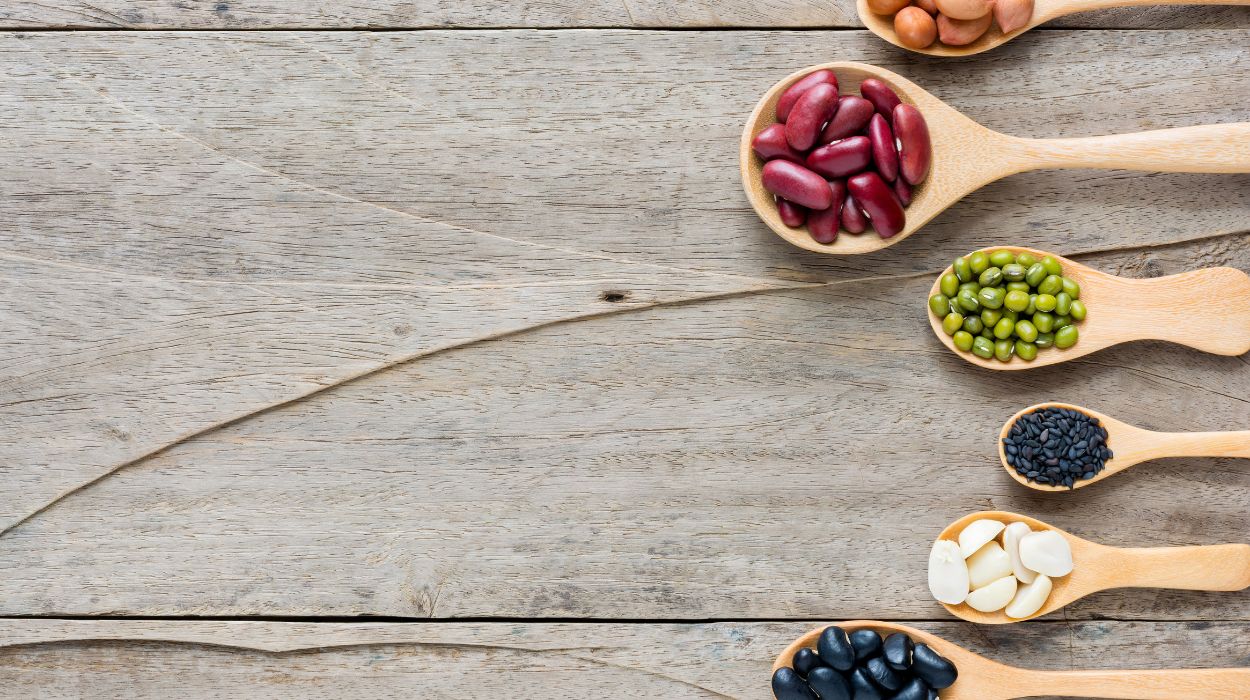
Beans are beneficial when incorporated into a gluten-free diet.
Beans have long been regarded as a diverse and nutritious food source. They are a good addition to your meal for various reasons. Whether you’re searching for protein-rich bean options, low-carb bean alternatives, or attempting to use beans for weight loss, these legumes are considered a healthy choice. But are beans gluten-free?
This article explores how various bean varieties fit into a GF diet. It examines their health benefits and methods to prepare them without worrying about gluten.
Additionally, it identifies beans that are susceptible to gluten contamination and guides how to incorporate them into a GF diet safely.
Are Beans Gluten Free?
Yes, beans are naturally free of gluten.[1]
This includes kidney beans, chickpeas, black beans, and lentils. These legumes do not have gluten because they were not cultivated using gluten-containing grains.
While beans don’t naturally contain gluten, they may be cross-contaminated during processing and packaging.
Select beans tested and verified as gluten-free, or cook dried beans to ensure they are gluten-free. This lessens the possibility of cross-contamination with gluten-containing cereals from shared facilities or equipment.
Are All Beans Free Of Gluten?
Yes, the majority of beans are naturally gluten-free.
Gluten,[2] a protein found in wheat, rye, and barley, is absent from beans and most legumes. This means that beans can be safely included in a GF diet plan without causing any problems.
However, some legumes may come into contact with gluten-containing cereals or be manufactured in the same facilities as them, resulting in cross-contamination.
To ensure your beans are gluten-free, read the labels and only buy certified types.
Why Beans Are Good For Your Health
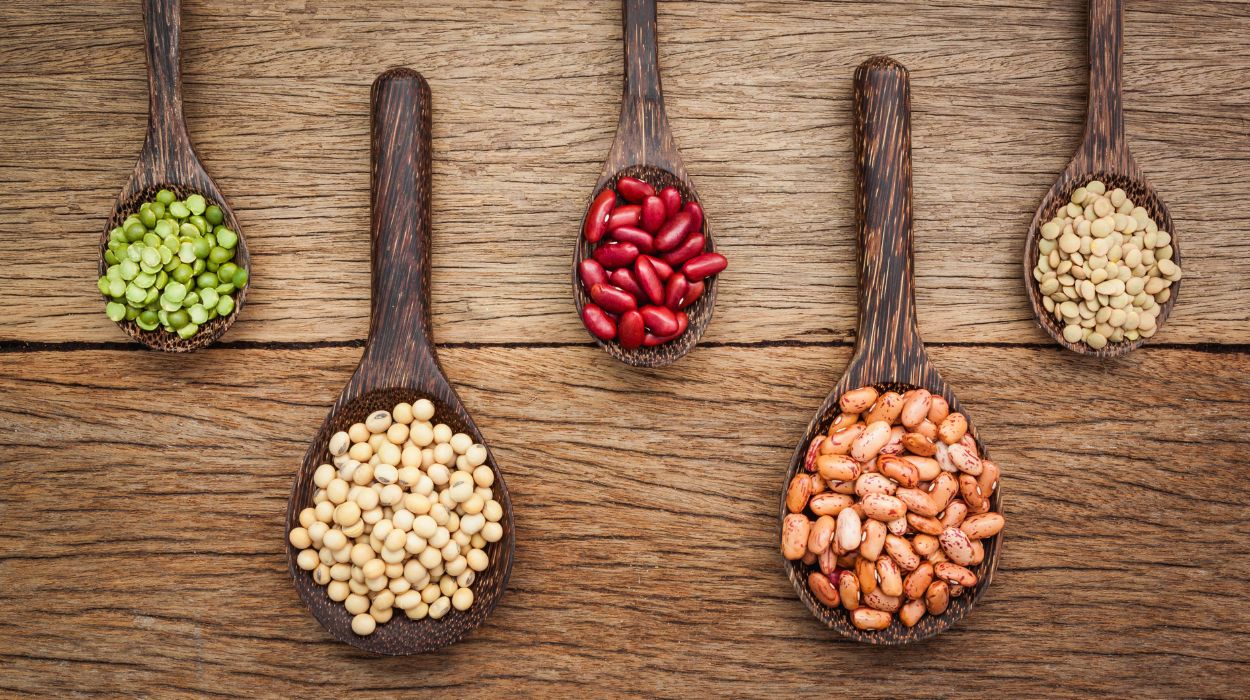
There are numerous health benefits to including beans in your diet. Let’s look at their benefits and why they’re so useful:
1. Beans Are Nutrient-Dense
Beans improve health in many ways since they contain many beneficial nutrients.[3] In addition to helping maintain general health, they provide a healthy dose of fiber, protein, folate, iron, magnesium, and potassium.
2. Helps With Weight Loss
If you’re trying to lose weight, beans are an excellent addition to your diet. They’re a good alternative for people who want to reduce their appetite with fiber, protein, and complex carbs. Beans are beneficial to weight loss[4] and maintenance because they help you feel full for longer.
3. Supports Heart Health
The soluble fiber in beans helps prevent cholesterol from being absorbed[5] into the bloodstream by binding to the fatty substance in the digestive tract. As a result, risk factors for various cardiovascular diseases, such as heart attack, stroke, and high blood pressure, will decrease.
4. Has A Low Glycemic Index
Beans induce a slow and constant increase in blood sugar compared to foods with a high glycemic index. This makes beans an excellent choice for anyone concerned about blood glucose regulation, especially those suffering from insulin resistance or diabetes.[6]
Gluten-Free Beans You Should Add To Your Diet
If you’re on a GF diet, avoiding contamination by purchasing only certified gluten-free beans is important. The following are safe options[7] to incorporate into your diet:
- Black beans: These are a robust and tasty bean type that may be added to various recipes, including soups, salads, and Mexican cuisines.
- Navy beans: The mild flavor and creamy texture of navy beans make them a popular ingredient in baked beans, soups, and stews.
- Chickpeas: The main component in hummus, chickpeas can also be used in salads, curries, and as a crunchy snack when roasted.
- Pinto beans: Pinto beans go well in soups, refried bean dishes, casseroles, and burritos.
- Lentils: Lentils range in color from brown to green to red. They work well in soups, salads, and vegetarian recipes.
- Kidney beans: A beefy type of bean great for chili, salads, and even stews.
- Mung beans: Whether sprouted or cooked, mung beans are a versatile ingredient great in a wide variety of Asian dishes.
- Cannellini beans: Cannellini beans are a popular ingredient in many Italian dishes, including pasta, soups, and spreads.
- Great Northern beans: A moderately flavored bean used in various cuisines. They’re a great addition to casseroles, stews, and soups.
- Lima beans: Lima beans are a healthy addition to a GF diet when used as a side dish, in a casserole, or a stew.
Beans That Are Most At Risk For Gluten Contamination
Beans are inherently gluten-free, but certain varieties may be more susceptible to gluten contamination.[8] The following types of beans should be handled cautiously because they may have been contaminated with gluten:
- Adzuki beans.
- Edamame.
- Black-eyed peas.
- Fava beans.
- Soybeans.
Incorporating Beans Into Your GF Diet
Having established that beans are healthy for people following a GF diet, here are some ideas for incorporating them into your meals.
- Bean stews and soups: Kidney beans, pinto beans, chickpeas, and lentils, complement any GF soup or stew.
- Bean burgers: If you have celiac disease, you can make excellent homemade celiac-safe bean burgers at home. Just combine canned beans, GF breadcrumbs, and your favorite seasonings.
- Spreads and sauces: Spreads and sauces can be made with blended beans. For instance, Cannellini beans, garlic, lemon juice, and olive oil make for a smooth and GF white bean spread.
- Mexican cuisines: Beans or black beans are a great addition to Mexican-style foods like tacos and burritos.
- Salads: Cooked beans, such as black beans or chickpeas, are a great source of protein and fiber, making them a great addition to salads.
- Bean desserts: GF desserts can use beans. For example, black bean brownies and chickpea blondies are healthier alternatives to the traditional treat.
- Bean-based pasta: If you want a healthier alternative to wheat pasta, try bean-based pasta like chickpea or black bean pasta.
- Bean-based dips: Make savory GF dips from mashed beans, herbs, and spices. Chickpea-based hummus is an example of a traditional option that goes great with GF vegetable sticks or crackers.
Conclusion
Beans are a wonderful addition to a balanced diet. They don’t have gluten and offer many health benefits. The versatility and nutritional value of beans can be enjoyed even by those adhering to a GF diet, provided that certified gluten-free beans are used and cross-contamination is avoided.
You can combine your healthy diet with regular exercise, vitamins, meal replacement bars, protein powders, and fat burners if you want to lose weight rapidly.
Remember to consult a healthcare practitioner or registered dietitian for specialized guidance on your dietary needs and goals.
Frequently Asked Questions
Yes, incorporating beans into a gluten-free diet is possible. Beans generally do not contain gluten and are a great source of fiber and minerals.
Are pinto beans gluten free? Pinto beans are gluten-free legumes that may be used in many recipes.
Beans naturally do not contain gluten, although some processed or flavored types may. If you want to be sure the beans you buy are safe to eat, study the labels and pick the ones verified as gluten-free.
Are canned beans gluten free? The amount of gluten in canned beans varies. It is essential to read labels and seek out verified gluten-free options.
Are kidney beans gluten free? Yes, they are. They are a popular choice for chili and other hearty recipes and can be safely included in a gluten-free diet.
Yes, black beans are naturally devoid of gluten and can be a healthy addition to a gluten-free diet. They are well-liked due to their high fiber and protein content.
Are baked beans gluten free? If commercially made, baked beans may contain gluten. Avoid gluten by reading labels or buying certified gluten-free products.
Are refried beans gluten free? Not usually. However, gluten may be present in refried beans manufactured with wheat flour. Make your own gluten-free refried beans or purchase them from a meal delivery service that guarantees their gluten-free status.
Resources
MANA adheres to strict sourcing guidelines and abstains from utilizing tertiary references. We rely on peer-reviewed studies, academic research from reputable medical associations and institutions to ensure the accuracy of our articles. For more information regarding our editorial process, please refer to the provided resources.
- Medlineplus.gov. (2021). Learn about gluten-free diets: MedlinePlus Medical Encyclopedia. [online] Available at: https://medlineplus.gov/ency/patientinstructions/000813.htm#:~:text=Many%20foods%20are%20naturally%20gluten,Beans [Accessed 29 Jan. 2024].
- Biesiekierski, J.R. (2017). What is gluten? Journal of Gastroenterology and Hepatology, [online] 32(S1), pp.78–81. doi:https://doi.org/10.1111/jgh.13703.
- Messina, V. (2014). Nutritional and health benefits of dried beans. The American Journal of Clinical Nutrition, [online] 100, pp.437S442S. doi:https://doi.org/10.3945/ajcn.113.071472.
- Tucker, L.A. (2020). Bean Consumption Accounts for Differences in Body Fat and Waist Circumference: A Cross-Sectional Study of 246 Women. Journal of Nutrition and Metabolism, [online] 2020, pp.1–9. doi:https://doi.org/10.1155/2020/9140907.
- Mullins, A.P. and Arjmandi, B.H. (2021). Health Benefits of Plant-Based Nutrition: Focus on Beans in Cardiometabolic Diseases. Nutrients, [online] 13(2), pp.519–519. doi:https://doi.org/10.3390/nu13020519.
- Usda.gov. (2021). Black Beans Help Fix Insulin Resistance and Gut Bacteria Balance : USDA ARS. [online] Available at: https://www.ars.usda.gov/news-events/news/research-news/2021/black-beans-help-fix-insulin-resistance-and-gut-bacteria-balance/ [Accessed 29 Jan. 2024].
- www.heart.org. (2016). The Benefits of Beans and Legumes. [online] Available at: https://www.heart.org/en/healthy-living/healthy-eating/eat-smart/nutrition-basics/the-benefits-of-beans-and-legumes [Accessed 29 Jan. 2024].
- Morad Guennouni, Brahim Admou, Noureddine El Khoudri, Aicha Bourrhouat, Loubna Gharbi Zogaam, Lahcen Elmoumou and Abderraouaf Hilali (2021). Gluten contamination in labelled gluten-free, naturally gluten-free and meals in food services in low-, middle- and high-income countries: a systematic review and meta-analysis. British Journal of Nutrition, [online] 127(10), pp.1528–1542. doi:https://doi.org/10.1017/s0007114521002488.


